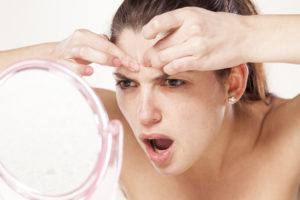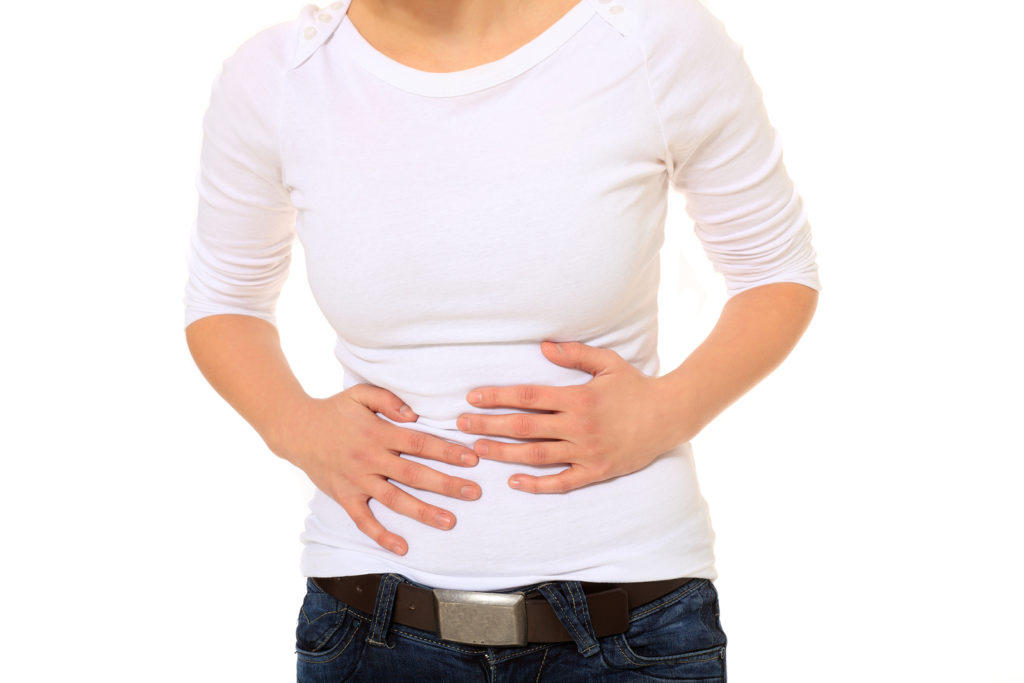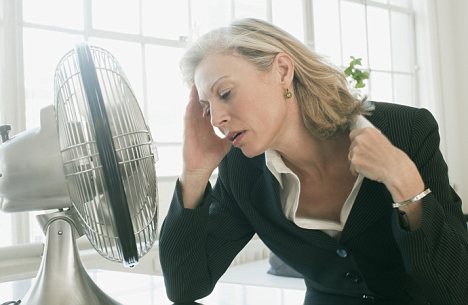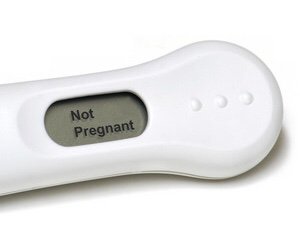Common Signs And Symptoms Of Hormonal Imbalance
1. Sleep Problems
Women are particularly vulnerable to sleep problems related to hormone changes
Progesterone, a hormone released by the ovaries, has relaxing properties and aids sleep. Low progesterone levels make you feel restless, making it hard to fall and stay asleep.
Many women find it hard to fall asleep mainly just before their period. This may be due to the sharp drop in the hormone progesterone just before menstruation.
Low oestrogen levels can trigger hot flushes and night sweats, both of which can make sleep difficult.
Testosterone levels naturally rise during sleep in both men and woman. Low testosterone levels have been associated with increased sleep apnoea issues, causing poor sleep patterns.
2. Persistent Acne
A lot of women breakout before their period, due to hormonal shifts.
But acne that won’t clear up, can be symptom of hormone problems. An excess of androgens (“male” hormones such as testosterone, that both men and women have) can cause your oil glands to over produce sebum. The sebum gets trapped underneath the skin and merges with acne-causing bacteria and dead skin cells. That leads to clogged pores, pimples, and blemishes.
The higher the testosterone levels, the worse the breakout.

3. Memory Fog
Are you forgetting things? Such as where you put your keys, or what you were looking for when you entered a room? If so, then this could be a hormonal issue.
Changes in oestrogen and progesterone can make you feel “foggy” and make it harder to remember things.
Also, if you’ve been experiencing a high amount of stress recently, then your body will be producing high levels of the stress hormone cortisol. Studies suggest that consistently high levels of cortisol can hamper your learning ability and memory.
Attention and memory problems can also be a symptom of other hormone-related conditions, like thyroid disease.
4. Constant Hunger
Low oestrogen levels can reduce the body’s levels of leptin, a hunger suppressant hormone, causing you to feel ravenous.
Sleep deprivation can also cause levels of ghrelin (appetite stimulating hormone) to soar – making you feel extremely hungry – while your levels of the leptin to plummet. This indicates why people who are chronically sleep-deprived (getting less than six hours a night) tend to be more overweight than those who get more sleep.

5. Cravings
If you have cravings and are under stress, feel anxious much of the time, or you have insomnia, it can be related to your adrenal function, specifically cortisol (stress hormone) imbalance.
You may notice that you need caffeine to wake up, and you crave sweets, salty and fatty foods, and more caffeine during the day — then carbohydrates or alcohol at night.
You may also experience other adrenal imbalance symptoms, including deep fatigue and unexplained weight gain.
6. Digestive Problems
Altered cortisol (stress hormone) production from stress placed on the adrenal glands can cause people to “carry” stress in their gut, leading to an array of digestive issues, such as diarrhoea, cramping, gas, bloating, and nausea.
The gut is also lined with receptor cells that respond to oestrogen and progesterone. When these hormones are higher or lower than usual, noticeable changes in digesting food are also seen.
Low serotonin (“happy” mood hormone) levels in the gut can also lead to symptoms of irritable bowel syndrome (IBS).

7. Constant Fatigue
Fatigue is one of the most common symptoms of a hormone imbalance.
If you feel exhausted every day, then you could be suffering from a lack of thyroid hormone, a condition called hypothyroidism, which saps your energy.
Excess progesterone can make you sleepy also, since it’s relaxing.
“Insulin resistance” can cause fatigue too. In this state, the body needs more insulin (glucose regulating hormone) than normal to help glucose enter cells, leading to a reduced level of glucose available for energy production.
8. Mood Swings, Anxiety and Depression
Not feeling like yourself? Drops in hormones or fast changes in their levels can cause moodiness, irritability and the “blues”.
Oestrogen affects key brain chemicals like serotonin, dopamine, and noradrenaline, but other hormones, that travel the same path also play a part in how you feel.
Most ‘midlife’ women experience mood swings and feel anxious in situations that they used to handle calmly before. This is likely due to a hormone imbalance, which could be linked to menopause.

9. Weight Gain
Lifestyle, diet and physical activity are all important in maintaining a healthy weight. But, many woman have underlying hormonal imbalances that make it difficult to achieve that.
During stress, the adrenal system can become fatigued, signalling the thyroid that there is a problem. Your thyroid then responds by slowing down your metabolism.
The pancreas also responds to this signal by thinking it needs to conserve fat, and concentrates on storing fat in your mid-section, on your back and other places that are not suited to your particular body type.
In addition, unaddressed insulin resistance is also a factor. However, small changes in the diet – such as eliminating processed foods, sugars and grains – are steps in the right direction.
10. Belly Fat & Loss of Muscle Mass
When the endocrine system is under stress, there is an underproduction of certain hormones and an overproduction of others (mainly cortisol).
Cortisol makes the body store fat for future us, along with the progressive loss of protein (releasing fuel into the bloodstream). An increase in belly fat and muscle loss on the bottom are both obvious clues to adrenal fatigue.

11. Headaches & Migraines
Many women often suffer from frequent headaches and even migraines. This could be due to hormonal imbalances around certain times of the menstrual cycle – such as a decline in oestrogen levels right before or during the cycle.
Keeping a diary of when headaches/migraines occur can help you work out if they occur randomly or if they seem to follow certain triggers or events.
12. Hot Flushes & Night Sweats
Frequent hot flushes and night sweats was once believed to be due to low oestrogen levels. However, we now understand that the cause may also be too much oestrogen and too little progesterone, or other hormone imbalances in your body that come from the adrenals, ovaries, thyroid, pancreas or gastrointestinal tract.
These systems do not always keep in balance, and women are more prone to hormonal imbalances as they go through midlife changes.

13. Vaginal Dryness
It’s normal to have this occasionally. However, if you often notice dryness and irritation, a reduction in oestrogen levels may be the cause. Oestrogen helps vaginal tissue stay moist and comfortable. Low levels of oestrogen reduces vaginal fluids, causes tightness, and makes sex uncomfortable.
14. Breast Changes
High levels of oestrogen can thicken breast tissue, making them feel tender and sore. It can also lead to lumps, fibroids, and cysts.
In contrast, a drop in oestrogen can make your breast tissue less dense.
That’s why it is important to regularly check yourself for lumps or anything unusual, and to talk to your doctor if you feel something suspicious.

15. Loss of Libido
Low levels of oestrogen can cause women to experience a low sex drive.
Most people think of testosterone as a male hormone, but women’s bodies make it too. If testosterone levels are lower than usual, you might have less of an interest in sex than you usually do.
Disturbed sleep can cause sex hormone production to diminish also.
16. Infertility and irregular periods
Too little or too much of certain hormones (oestrogen and progesterone) can cause periods to not arrive the same time each month, or to skip some months.
Irregular periods can be a symptom of health problems, like polycystic ovarian syndrome (PCOS), which can affect fertility.
Hormonal imbalances can also cause periods exceeding six days and cycles shorter than 24 days or more than 35 days apart; irregular, unpredictable cycles; or very heavy periods.

17. Hair Loss & Hair Thinning
Signs of thinning hair are really the first signals of such conditions as hormonal imbalance, vitamin deficiency, excessive stress or poor nutrition, all symptoms of declining health status.
Declining levels of thyroid hormone can spark hair loss. The thyroid hormones control the efficiency and speed at which cells work. Every cell in the body including the hair depends on proper thyroid function for development. If thyroid production is insufficient, hair growth will slow and hair will eventually thin.
Hair growth in women appearing on the upper lip or chin, or a coarsening of hair on the rest of the body, while the hair on the head thins is most likely the result of excessive dihydrotestosterone (DHT) conversion from testosterone.
